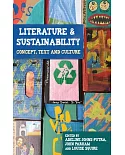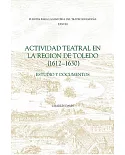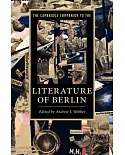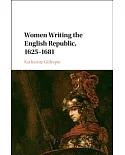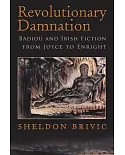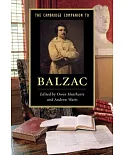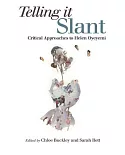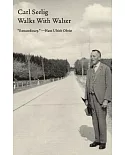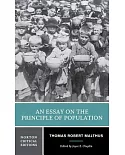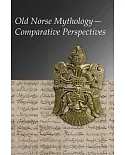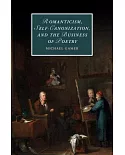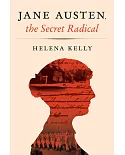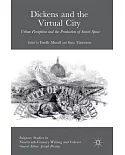This book invites its readership to understand the complex ways in which the Beckett canon both suggests and resists turning nothing into something by looking at specific, sometimes
almost invisible ways in which "little nothings" pervade the Beckett canon.
The volume has two main functions: on the one hand it looks at "nothing" not only as a content, but also a set of rhetorical strategies, to reconsider afresh classic Beckett problems, such
as Irishness, silence, value, marginality, politics, and the relationships between modernism and postmodernism and absence and presence; on the other, it focuses on "nothing" in order to
assess how the Beckett oeuvre can help us rethink contemporary preoccupations with materialism, neurology, sculpture, music, and television.
The volume is a scholarly intervention in the fields of Beckett studies which offers its chapters as case studies to use in the classroom. It will prove of interests to advanced students
and scholars in English, French, Comparative Literature, Drama, Visual Studies, Philosophy, Music, Cinema and TV studies.



